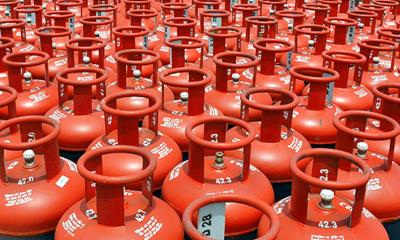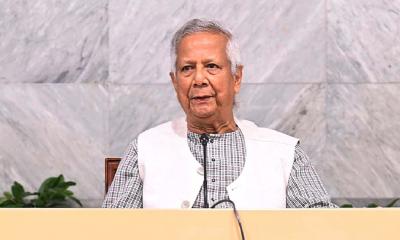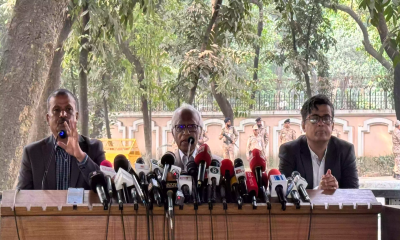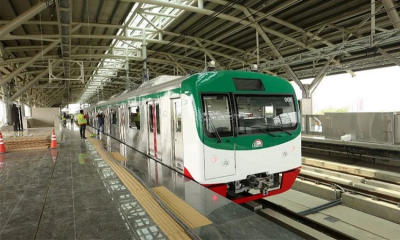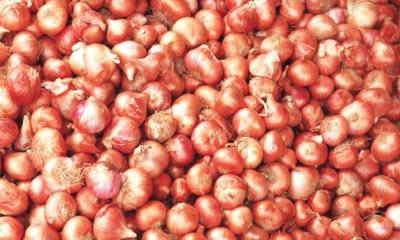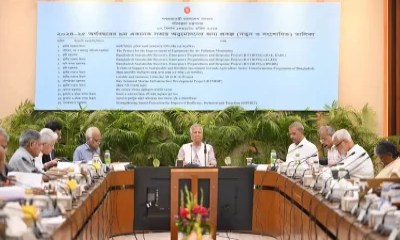Despite a steady decline in global rice prices, retail prices in Bangladesh remain unchanged. To help stabilize the market, the Ministry of Food has selected 242 private firms to import 500,000 tonnes of rice.
On Sunday, the ministry sent a written request to the Ministry of Commerce to issue import permits (IPs) for the selected companies.
Officials said the move comes well ahead of the next Boro harvest to prevent further price increases.
Agriculture economists have welcomed the decision as positive for the market. Food Secretary Md Masudul Hasan told media that rice stocks in the country — both public and private — are currently at their highest levels.
“Even with adequate supply, prices are rising due to rain and other excuses. We are keeping the import window open to ease people’s suffering,” he said.
Once the Commerce Ministry approves the request, importers will be able to open letters of credit (LCs) and begin importing. However, the final import volume will be confirmed after the issuance of IPs.
The decision follows a July 15 meeting of the Food Planning and Monitoring Committee (FPMC), which approved imports of 400,000 tonnes of rice in the public sector and 500,000 tonnes in the private sector.
The Food Ministry has since authorized the import of 461,000 tonnes of parboiled rice and 39,000 tonnes of atap rice under certain conditions: a maximum of 5% broken grains, timely delivery to the domestic market, notification to district food controllers of import, storage, and marketing details, prohibition on repackaging or unauthorized IP issuance, and mandatory sale in sacks under strict monitoring. Imported rice must reach the market by September 30.
According to the UN Food and Agriculture Organization (FAO), global rice prices have fallen by an average of 13% this year.
Thailand’s 5% broken white rice now sells for $372.50 per tonne — 26% lower than last year and the cheapest since 2017.
In contrast, Bangladesh’s retail prices remain high, with Trading Corporation of Bangladesh (TCB) data showing fine rice at Tk 75–85 per kg, medium-grain rice at Tk 60–70, and coarse rice at Tk 55–60 — all higher than the same period last year.
Government food stock currently stands at 2.179 million tonnes, of which 2.045 million tonnes is paddy and rice.
Agricultural economist Dr Mohammad Jahangir Alam said, “According to official production figures, there is no shortage, yet prices are not falling. Therefore, the import decision is positive for the market. Sometimes just the news of imports can have a psychological effect on prices.”
Rice imports currently carry no duty, and traders usually source from India due to lower prices.
The Food Ministry says that once the Commerce Ministry gives approval, plant quarantine authorities will begin issuing IPs, allowing importers to start sourcing rice quickly from exporters.


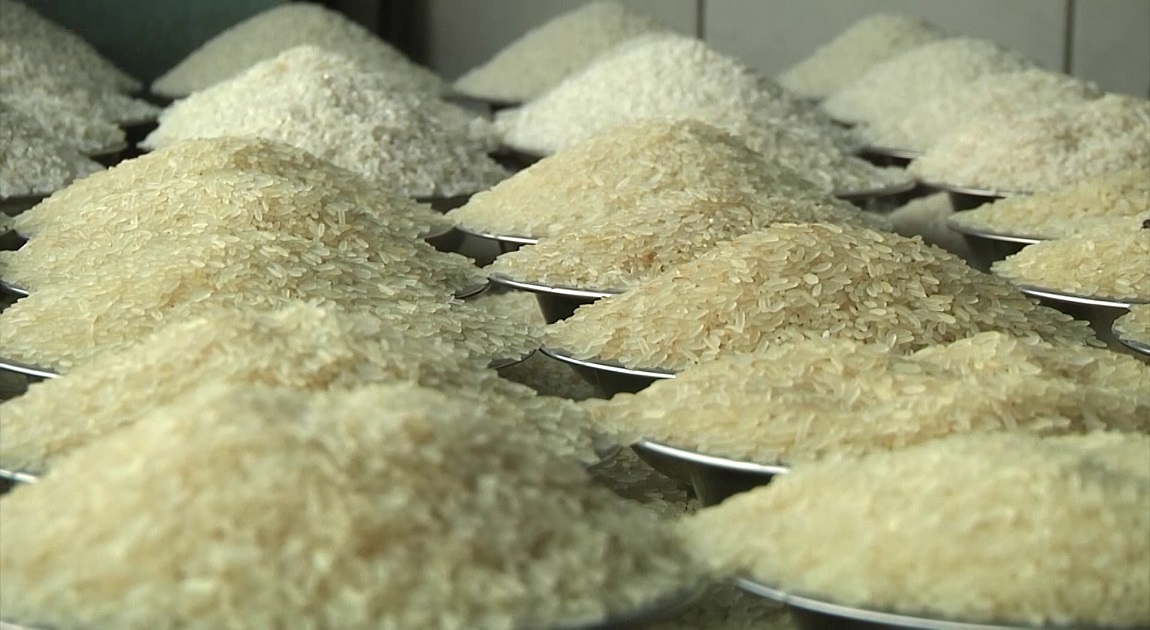


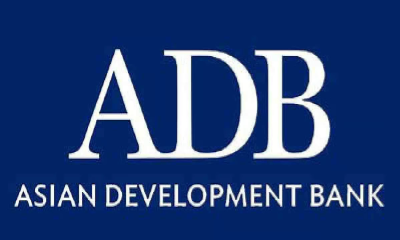



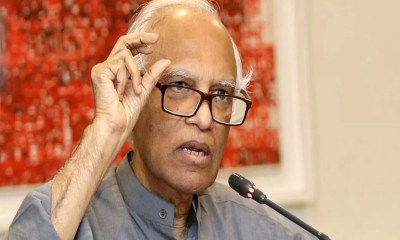

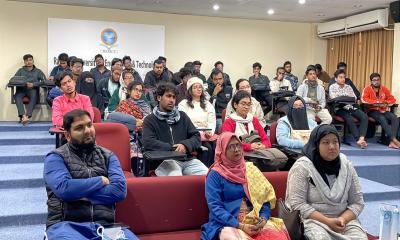

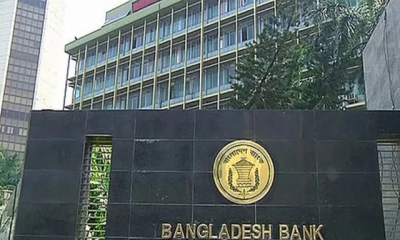

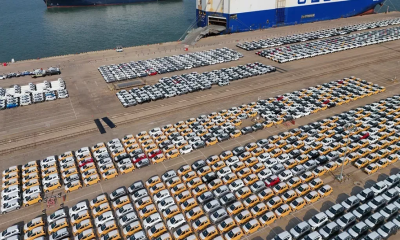
-20251207131533.jpg)



-(25)-20251122062715-20251202031751.jpeg)
-(25)-20251122062715-20251204041734.jpeg)

